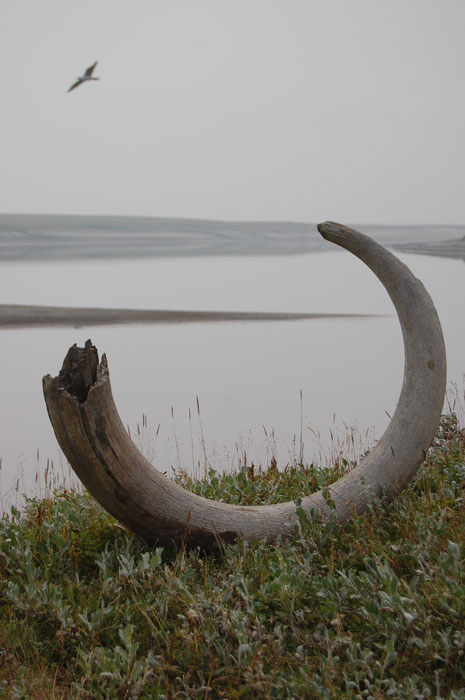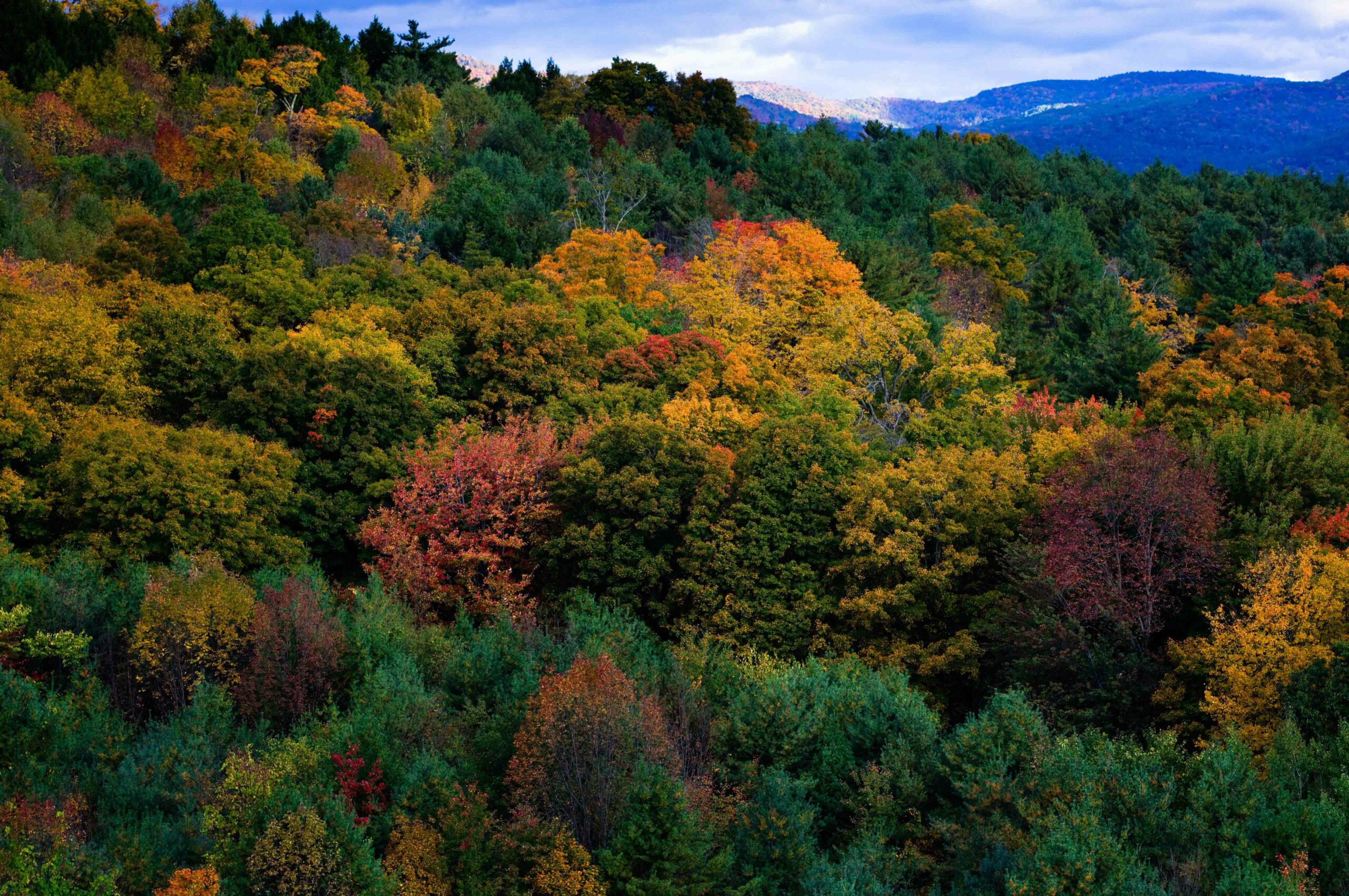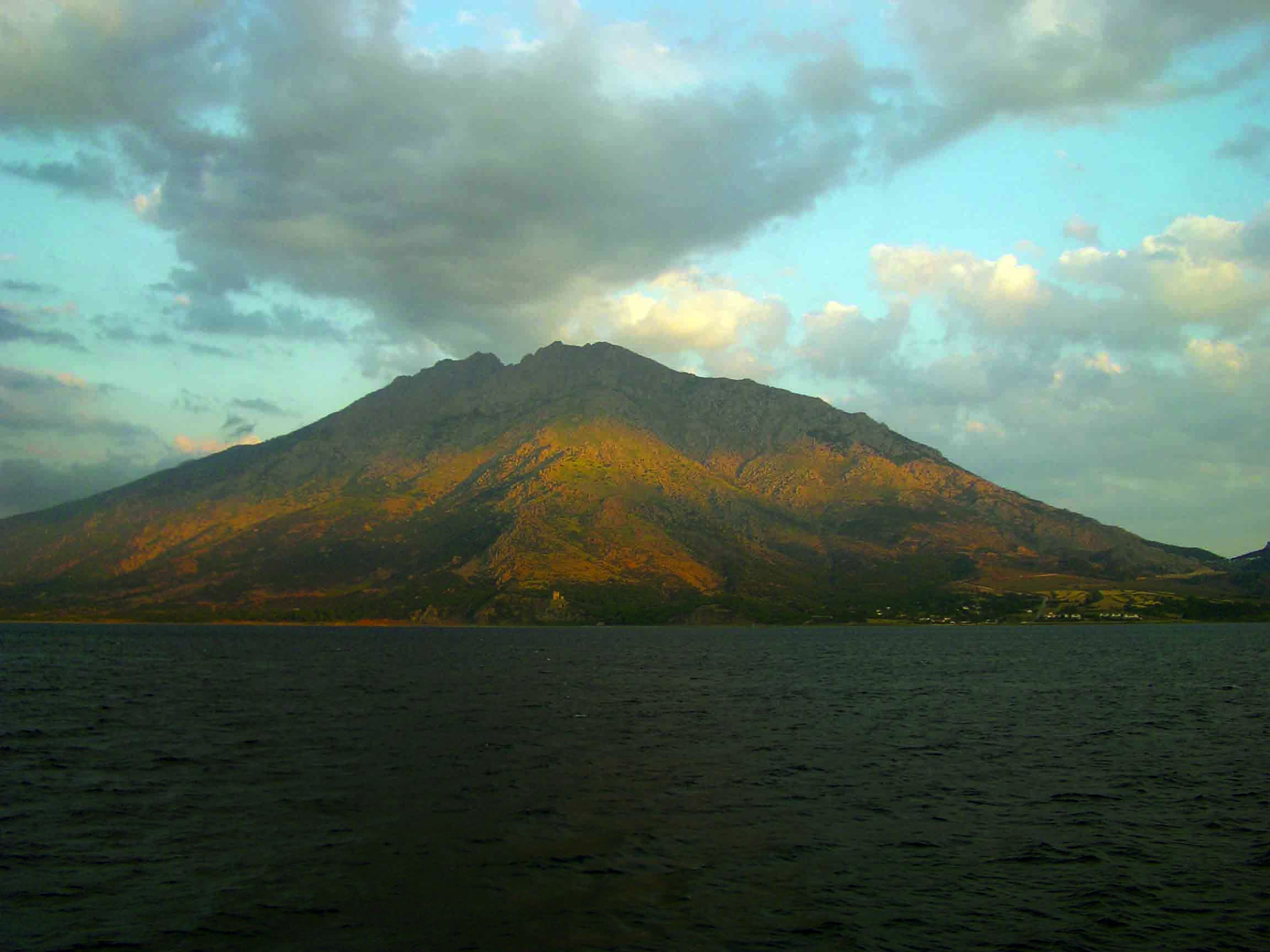
CAMBRIDGE, ENGLAND—According to a statement released by the University of Cambridge, humans did not cause the extinction of the woolly mammoths, even though they are known to have hunted mammoths for food and used the skeletons and hides for shelter, weapons, and artwork. Eske Willerslev of St. John’s College and the University of Copenhagen, Yucheng Wang of the University of Cambridge, and their colleagues analyzed DNA recovered from soil samples taken from Arctic areas where mammoth remains have been found. The DNA came from plant and animal remains, including urine, feces, and skin cells. The researchers also sequenced the DNA of some 1,500 Arctic plants. The study suggests that as the icebergs melted some 12,000 years ago and lakes, rivers, and marshes formed, the environment became too wet to support the grassland vegetation eaten by the giant mammals, who were not able to adapt to their rapidly changing environment. Pockets of mammoths survived, however, until about 4,000 years ago, the researchers concluded. To read about a mammoth pelvis unearthed in Michigan, go to "Leftover Mammoth."










